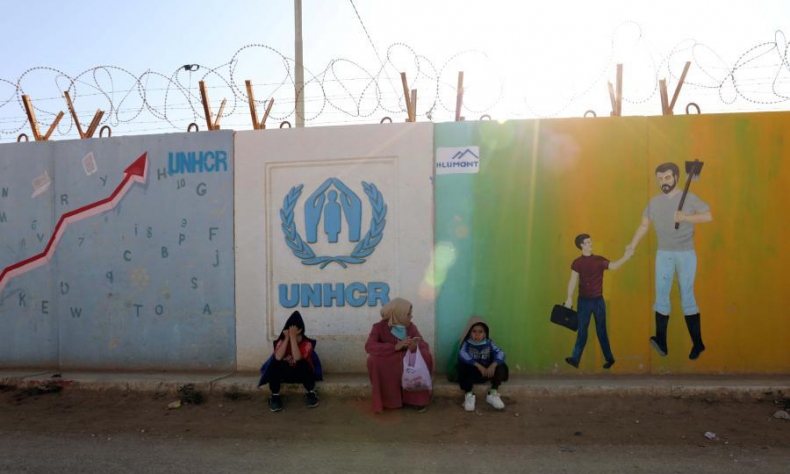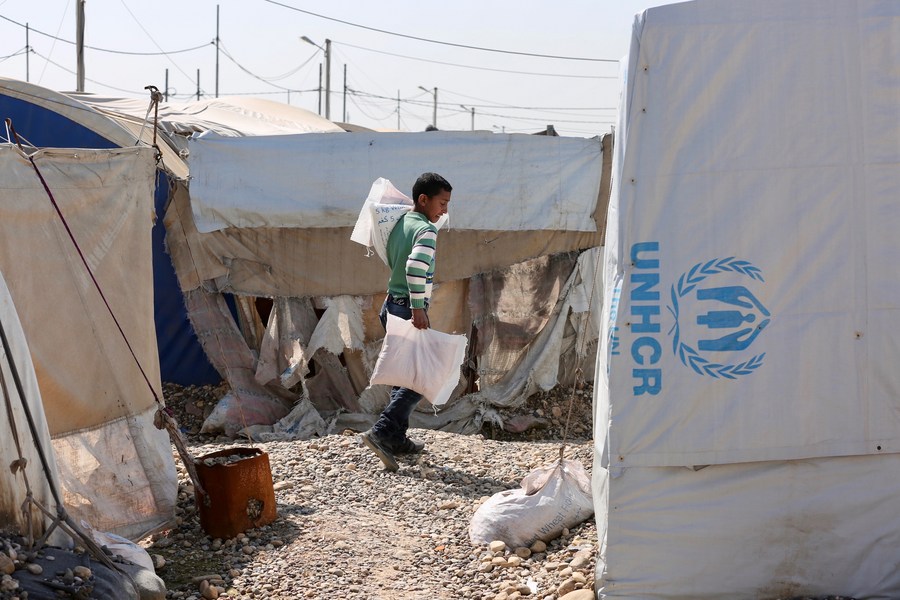Self-Seeking Interests Hinder the Global Fight Against Extremism

In the wake of such challenges, relentless efforts to bridge the gap of understanding are imperative as the prevailing anti-terror fight requires a new paradigm shift with a globally holistic and multilateral approach.
This year marks the 20th anniversary of the September 11 terrorist attacks that triggered the American “war on terror,” a blanket term for all preemptive military strikes intended to reduce the threat terrorism posed to the U.S. homeland. It was foreshadowed by the U.S. invasion of Afghanistan in October 2001, which had brought about enormous sorrow, wanton destruction and civilian casualties to the Afghan nation before the American troops finally made their chaotic exit two decades later.
In retrospect, the war on terror failed to pummel the spread of terrorism. On the contrary, it was the 2003 U.S.-led invasion of Saddam Hussein’s Iraq that in 2013 triggered the birth of a new extremist group “Islamic State” growing out of Al Qaeda in Iraq. Given the benefits of hindsight, the international community was then made to believe the justification of the U.S.-led military invasion rooted merely in the second’s alleged collusion with terrorists and possession of weapons of mass destruction—the latter evidenced by nothing more than a vial of white powder presented to the UN by then U.S. Secretary of State Colin Powell.
The subsequent moves of military intervention in Libya and Syria, both motivated by the intention of initiating regime change amid their respective civil wars, further hindered the noble worldwide ideal of fighting terrorism. Time and again, the international mandate for counterterrorism was deliberately misplaced in a “regime change” sponsored by the U.S. to further its geopolitical agenda.

While the U.S. to this day still owes the international community an explanation on its regime change efforts under the guise of counterterrorism, China’s move of deradicalizing its utmost western Xinjiang Uygur Autonomous Region in a bid to stop terrorism in the area was vilified extensively by the West. The unsubstantiated allegations against China of “genocide” targeting the Uygur minority had been repeatedly reverberated within the cocoon of disinformation controlled by the West. Xinjiang overnight was portrayed worldwide as nothing less than a dystopian hellscape. Spin doctors had revved up their propaganda mills with the scripted stories going into overdrive. The empowerment of Uygurs through extensive skill-learning programs to make them more employable was incoherently declared “mass internment” and “forced labor.” Never in U.S. history had it been so relentless in championing the human rights of the “Uygur jihadists,” though the domestic sentiment of Islamophobia hardly subsided.
The ends justify the means
The obsessional paranoia against the rise of China has prompted Washington to turn a blind eye to the necessity and successes of the deradicalization efforts. Geopolitical rivalry between the two major powers has apparently taken precedence over the relevance of countering terrorism stoked by the “East Turkistan Islamic Movement (ETIM),” which was listed as a terror cell by the UN Security Council in 2002.
Last year witnessed another move of regression in the global fight against terrorism when Washington removed the ETIM from the list of terrorist groups, ostensibly attempting to render the Chinese bid of battling them illegitimate. In the current scenario, perhaps the only justification for the U.S.’ inconsistent move in whitewashing the group’s international profile is the latter’s current usefulness to serve its geopolitical interest in destabilizing Xinjiang.
This bears a resemblance to the fate of Saddam Hussein: backed by the U.S. in the Iran-Iraq conflict in 1980, but toppled and executed in disgrace in 2003. To Washington, the ends justify the means. The war on terror is nothing but a geopolitical tool in making the world safe for the U.S. Footprints of American military invasions and interventions worldwide remain indisputable so long as the interests of its national security are concerned.
Having gone through two decades, the global anti-terror fight still remains very much vulnerable without a universal definition of terrorism for legal purposes. Countries and regional groupings continue to remain fragmented in their efforts to halt such a global crime against humanity, as many are still very much under the influence of their respective sectorial interests, ranging from geostrategic considerations to ethnic and religious appeals. This provides fertile ground for selective counterterrorism.

Coordinate and cooperate
Be that as it may, no party could ever deny the established norm that terrorism is the indiscriminate and unlawful use of violence and intimidation, especially against civilians, by any specific group in their pursuit of political aims, rooted in ideological, racial, ethnic, religious or any other considerations.
All avenues for dialogue between countries or regional groupings should remain open. Not only would it serve to enhance transnational counterterror cooperation, but more importantly it would help to allay unnecessary misgivings stemming from the misperception of certain counterterror initiatives in specific countries. This is particularly the case when ethnic and religious sensitivities are deliberately brought into the already complex equation through consistent and persistent diabolical disinformation distributed by rivaling powers.
In the wake of such challenges, relentless efforts to bridge the gap of understanding are imperative as the prevailing anti-terror fight requires a new paradigm shift with a globally holistic and multilateral approach.
The fight, in itself, is a noble endeavor transcending the ethnic, religious, ideological and geographical divide in defense of humanity. Coordinated international cooperation is the only solution to the challenge as no single nation could ever contain the spread of transnational terrorism with its own might. Much less can the international community afford to fight the cause selectively with self-centered geopolitical interests in mind or abuse it as a convenient means for unlawful military aggression.
The author is chairman of the Center for New Inclusive Asia, Malaysia.
 Facebook
Facebook
 Twitter
Twitter
 Linkedin
Linkedin
 Google +
Google +










